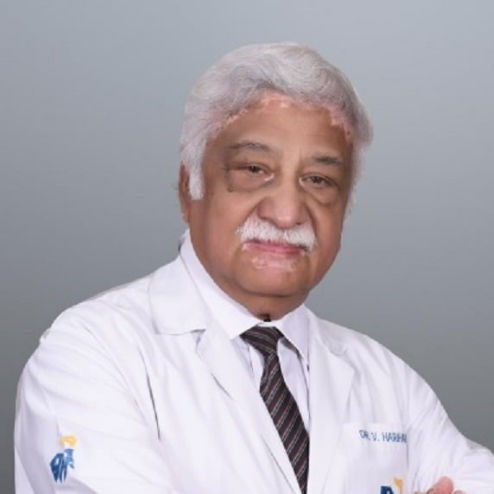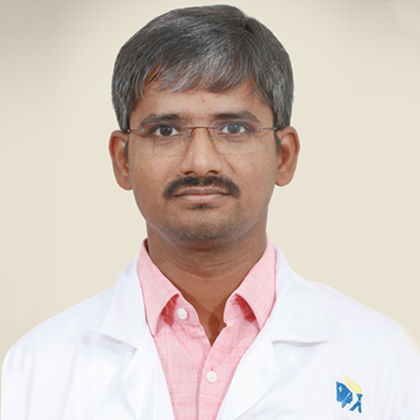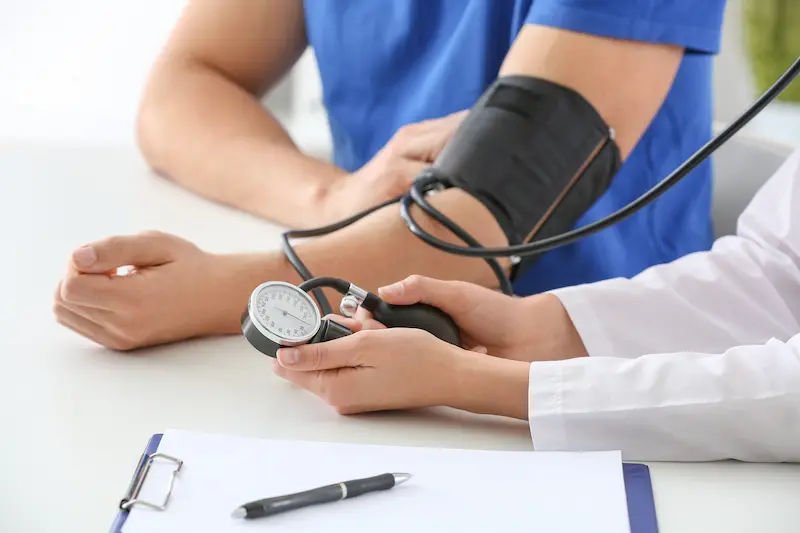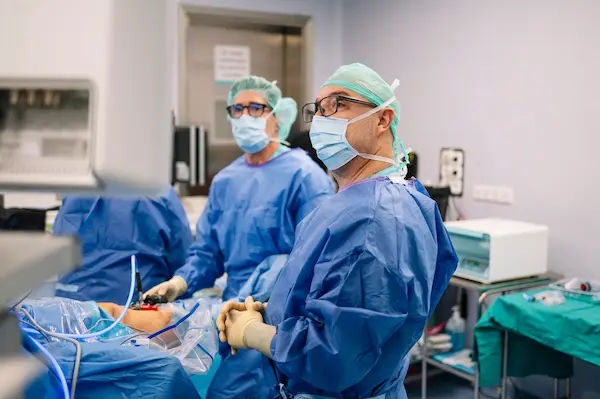Driving After Heart Bypass Surgery
Find out when you may be able to drive after heart bypass surgery, what factors influence recovery, and tips that might help you return to driving safely.


Introduction
If you’ve recently undergone heart bypass surgery, you may be wondering when you can safely return to driving. This is a common concern, and the answer depends on your recovery progress, overall health, and doctor’s advice. In this article, we’ll guide you through everything you need to know about driving after bypass surgery—when it’s safe, what precautions to take, and how to ease back into your routine without risks.
When Can You Start Driving After Bypass Surgery?
Recovery after heart bypass surgery varies from person to person. Generally, doctors recommend waiting at least 4 to 6 weeks before driving again. However, this timeline depends on:
The type of surgery you had—traditional open-heart surgery usually requires a longer recovery than minimally invasive procedures
How well your breastbone (sternum) is healing
- Whether you're still taking medications that cause drowsiness or affect reflexes
- A full medical assessment and clearance from your cardiologist or surgeon
Why the Waiting Period?
Before you can safely drive again, your body needs adequate time to heal. Here’s why this recovery window matters.
1. Healing Sternum (Breastbone):
After open-heart surgery, your breastbone is held together with wires and needs time to heal. Sudden movements like braking hard can cause pain or complications.
2. Fatigue & Weakness:
Surgery and recovery can leave you tired, affecting your focus while driving.
3. Medication Side Effects:
Painkillers or heart medications may cause dizziness or slow reflexes.
4. Risk of Complications:
Early driving can strain your heart before it’s fully recovered.
Consult Top Specialists for Personalised Heart Health Advice
Signs You’re Ready to Drive Again
There are certain indicators that may suggest you’re approaching readiness to drive again. Before getting back behind the wheel, ask yourself:
- Can you turn the steering wheel and check mirrors without chest discomfort?
- Are you able to brake or accelerate suddenly if needed?
- Are you free from dizziness or persistent fatigue?
- Have you stopped taking medications that could impair your alertness?
- Has your doctor confirmed that it’s safe for you to resume driving?
If you answer "Yes" to these, you may be ready to drive short distances.
Safety Tips for Driving After Bypass Surgery
Once your healthcare provider approves, it’s important to take a gradual and careful approach.
1. Start Slow:
Begin with short trips before attempting longer drives. Avoid heavy traffic or stressful driving conditions initially.
2. Adjust Your Seat & Steering Wheel:
Keep a relaxed posture to avoid straining your chest. Use a pillow or cushion for back support if needed.
3. Avoid Long Drives Initially:
Prolonged sitting can increase leg swelling, which is a risk for blood clots.
4. Keep Emergency Contacts Handy:
Have your phone charged and a family member informed of your route.
5. Listen to Your Body:
If you feel chest pain, dizziness, or extreme fatigue, pull over safely and rest.
When Should You Avoid Driving?
You should delay driving if you experience:
- Chest pain or tightness
- Shortness of breath
- Dizziness or blurred vision
- Severe fatigue
- Swelling or pain in legs
- If these symptoms persist, consult your doctor before resuming driving.
Alternative Transportation Options
While you’re recovering, there are practical ways to stay mobile without putting yourself at risk. If you’re not yet cleared to drive, consider:
- Asking family or friends for occasional rides.
- Using ride-sharing services like Uber or Ola for essential travel.
- Opting for public transport if you feel well enough to manage stairs and crowds.
- Final Advice: Follow Your Doctor’s Guidance
Every patient’s recovery is different. Always check with your cardiologist before driving again. They may recommend a stress test or physical assessment to ensure your heart can handle the activity safely.
If you have concerns about your recovery or driving after bypass surgery, consult a heart specialist on Apollo 24|7. You can book an appointment easily online for expert guidance.
Conclusion
Getting back to driving is an important part of returning to everyday life after bypass surgery. With medical clearance, good self-awareness, and a cautious approach, you may be able to resume driving within a few weeks of surgery. Always prioritise safety and seek professional advice if you’re unsure about your readiness.
Consult Top Specialists for Personalised Heart Health Advice
Dr. Praveen Jaiswal
Cardiologist
17 Years • MD(Medicine), DM(Cardiology)
Indore
Apollo Hospitals Vijay Nagar, Indore

Dr. Abhishek Rathore
Cardiologist and Electrophysiologist
7 Years • MBBS, MD (Gen. Medicine), DM ( Cardiology ), Post-Doctoral Fellowship in Cardiac Electrophysiology.
Indore
Apollo Hospitals Vijay Nagar, Indore

Dr. Sarita Rao
Cardiologist
17 Years • MBBS, DM (Cardiology)
Indore
Apollo Hospitals Vijay Nagar, Indore

Dr. Col V Hariharan
Cardiologist
34 Years • MBBS, MD(Med.), DM (Cardio), FICA FISE FICC
Delhi
Apollo Hospitals Indraprastha, Delhi
(50+ Patients)

Dr. Kirubakaran K
Cardiologist
10 Years • MD, DNB (Cardio)
Chennai
Apollo Hospitals Greams Road, Chennai
(75+ Patients)




